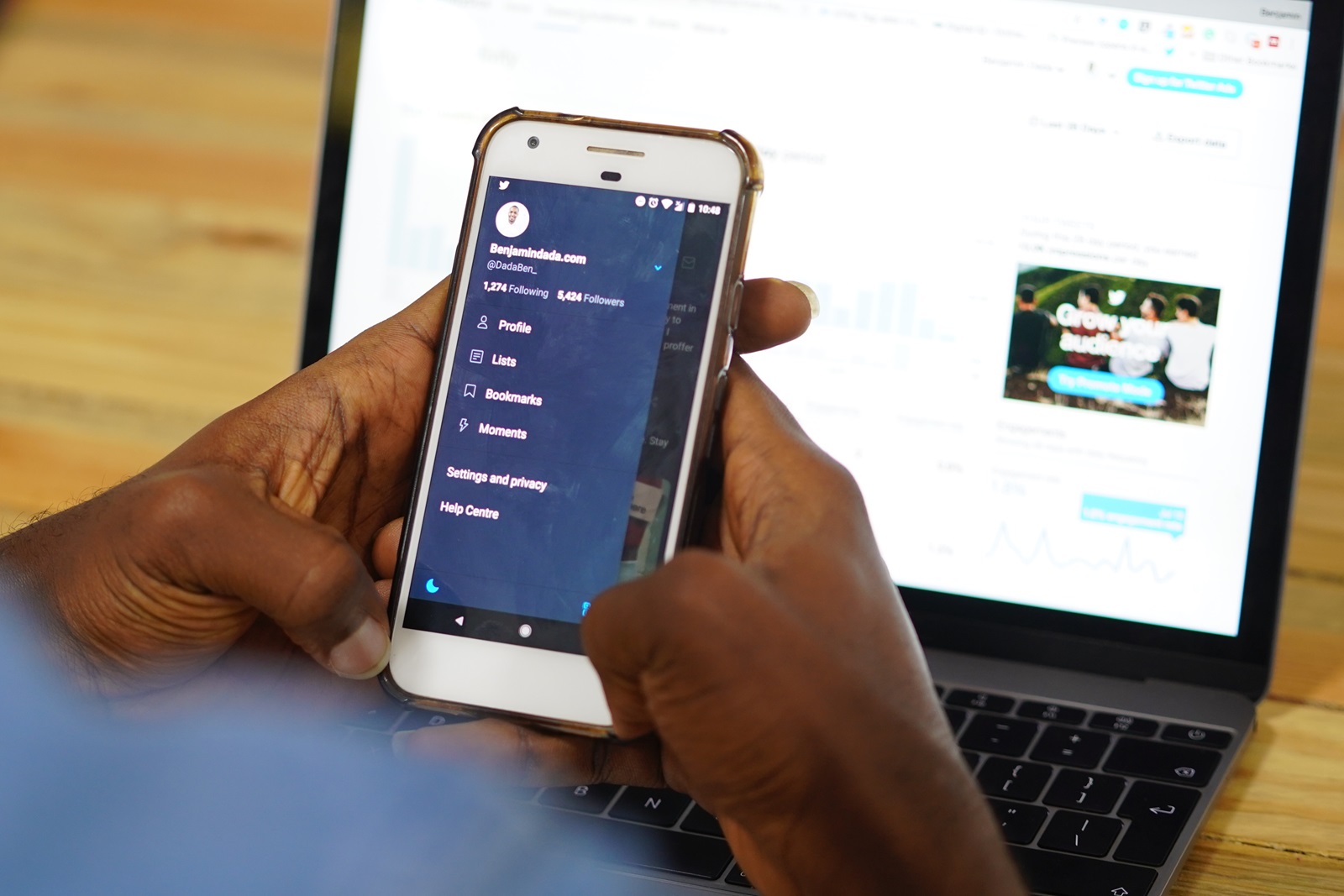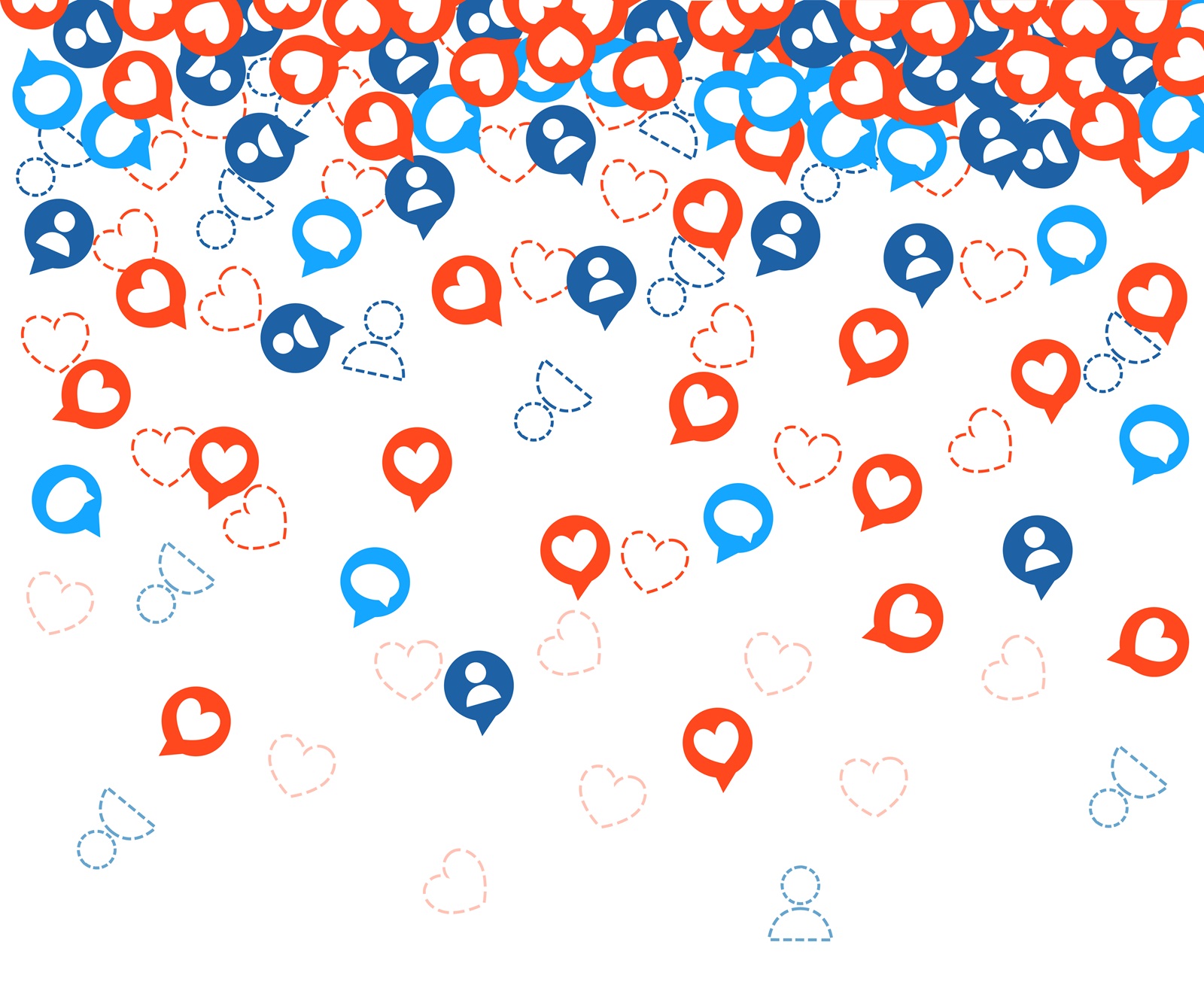
Brands in the attention economy
Ours is an industry in love with social media, personalisation and the recommendation engines of the internet and there’s much to read about how brands can benefit from them. There is some discussion about how flawed this approach has become but there’s very little about how it’s actually inadvisable for a significant minority of brands. So here are my thoughts.
On the 19th of March, I attended one of the regular Westminster eForum seminars, this one entitled “Next steps for online regulation - practicalities, responsibilities and collaboration”. It was a meeting of representatives of public sector entities, academic organisations, advisory bodies and communications companies to discuss the processes of protecting citizens from the worst elements of the internet.
It was certainly one of the more serious and at times, sobering events I’ve been to, dealing as it did with some of the worst aspects of humanity: child abuse, drug trafficking, fraud, undermining of democracy, extremism, privacy invasion, terrorism and online advertising.

The attendees were people who think not about how to use the internet to make money but how to shape it to improve people's lives and protect them from those that would do harm.
So as a shameless profit-incentivised marketer, you may ask why was I there. It’s firstly because I’ve always found it’s useful to have as broad as possible an understanding of the field in which we work. But a second reason also became much clearer to me during the seminar: despite our differing motivations, ethics and individual messages, we’ve arrived at a point where anyone posting anything on the internet; marketer, terrorist, politician, teenager, etc is after the same thing: attention.
The online world has become addicted to attention. The business models and algorithms of the major platforms are the suppliers. And they’ve set the rules that we all follow, exploit, bend and break to get that little bit more validation and dopamine reward every day. We’re incentivised to post via feedback in the form of reactions, comments and views. Then we’re incentivised to keep consuming content and provide our own reactions in exchange for more of what the system tells us we’ll like.
We're all addicts now and as with all addicts some of us are harming ourselves and some are harming others. And we don’t want to believe that about ourselves. We can’t. Because we’re addicts.
This has resulted in a narrowed experience of the internet and it has become the dominant one in 2019. It is a constant fight for attention by individuals and organisations. It’s causing polarisation, depression, loneliness, isolation and more. Experiences and places for reflection, contemplation, nuance and civilised discussion have been pushed to the fringes, unable to be heard above the noise.
The way the algorithms feed us content is akin to a parent feeding her children based on only what they ask for. It’s an information diet of Haribo, chicken nuggets and pizza.

Of course, not everyone is obsessed with seeking attention and validation but the online marketing world has certainly attracted and created an entire class of people like this. It’s a necessary disposition for the job. Advertising (incl. content, collateral etc) that doesn’t gain attention, doesn’t get seen and therefore doesn’t achieve its aims.
The tactics that are rewarded in this attention economy are often ones that can make a brand appear desperate or shallow. High frequency posting and low value content to encourage a minimal flow of clicks or social signals, clickbait, opportunistic keyword-stuffed headlines, deals with irrelevant influencers whose only value is their apparent follower count, virtue-signalling “brand purpose” strategies, endless newsletters, even video scripting and editing. So much is done ultimately to appease algorithms that value superficial, limbic, reactionary “engagement” above all else.
It’s logical: the algorithms provide great rewards to those that do these things best. Many a direct-to-consumer, disruptive brand has seen great success because of marketing tactics like this. See also white nationalism, Russian intelligence services, anti-vaxxers, internet trolls of all kinds and a slew of other nefarious interest groups. All using the exact same tactics and benefitting from the exact same algorithms.

Every society has its attention seekers and we all appreciate our efforts being noticed but things are so skewed online, it doesn’t fit that all brands incorporate these values. As business owners and marketing leaders we must question whether those tactics truly reflect our brand. Does the appearance of constantly wanting to be noticed really communicate the ethos of the company? For many brands, it does or at least, it doesn’t really do much harm in an environment where it’s seen as normal behaviour. But for a significant number, it can’t be right.
Are all the big numbers of likes, views and comments worth it? Or could it be that by seeking the alternative, even traditional, potentially slower methods of discovery; that alone will establish the vital difference that elevates your brand from the others?
It's quite possible that the majority of some companies; the founders, engineers, support staff, management etc is perfectly happy not broadcasting their lives on the internet and craving a response. But what about the marketing teams whose actual self-determined KPIs are these very things?
Perhaps it’s time to ask: is your company's marketing being run by a bunch of junkies?
